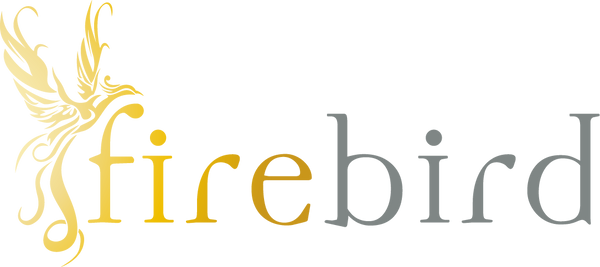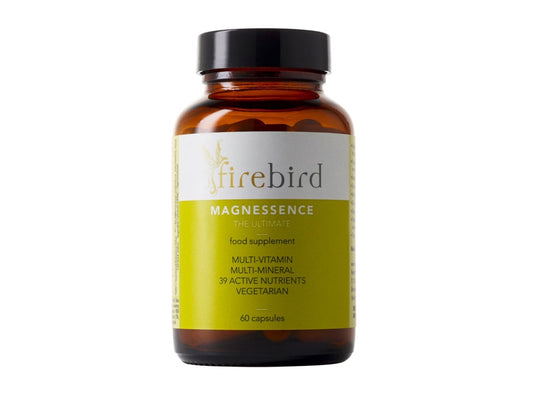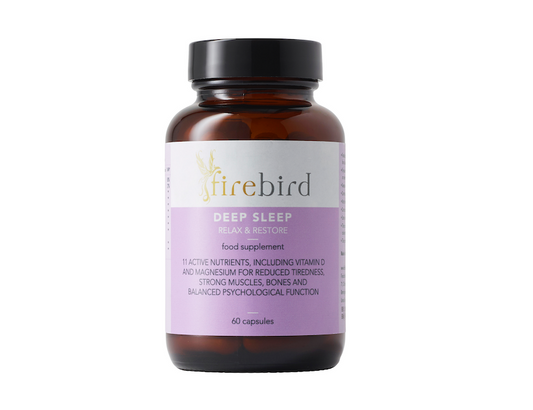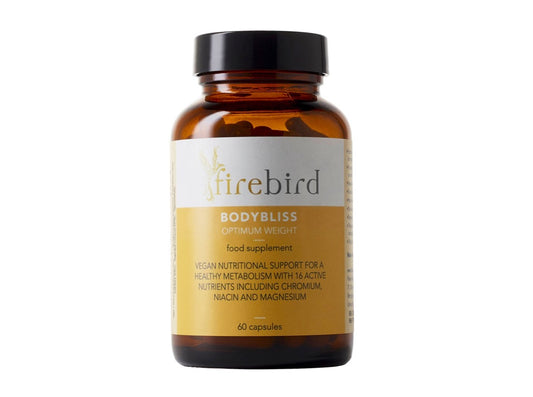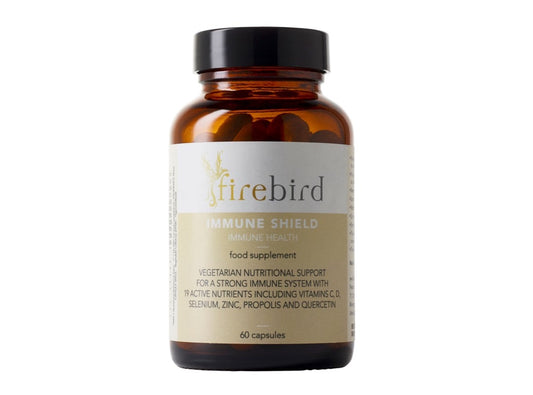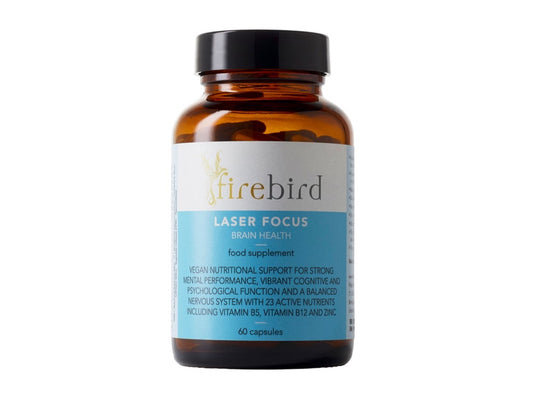
How to Optimise Your Immune Health
In the throes of a worldwide pandemic, we are suddenly thinking more about our immune system. The immune system is the body’s defence against the risk of infections, disease and potentially deadly pathogens. What we all want to know right now is how to strengthen it so that we can decrease the risk of infection and, if we do get infected, decrease the severity of any virus. Read on to find out how.

What is the immune system?
The immune system is the body’s police force, keeping unwanted elements in check. It works around the clock every day on three fronts:
- The first line of defence involves barring entry to any invaders by physical and chemical barriers, such as those provided by the skin, mucous membranes and stomach acids.
- If the first barrier is breached, the second line of defence is provided by non-specific responses, such as fever or inflammation.
- The third line of defence is precisely targeted against specific pathogens, such as viruses and bacteria. It is mounted by white blood cells that detect, identify and destroy the pathogens.
So, how can we support this system so that it is as strong as possible? Here are the golden rules for a strong immune system:
- Get the right nutrients
- Respect your circadian rhythm
- Balance your stress levels
- Be moderate – in alcohol consumption, weight and exercise
Healing Nutrients
A strong immune system is the result of a team effort of several critical nutrients. The following 10 are non-negotiable daily essentials:
- Vitamin A protects tissues from infection and promotes rapid recovery through its support of healthy skin and mucous lining barriers, as well as through its ability to improve immune resilience, by boosting antibody response and white blood cell function. Good sources include dairy products, fish, meat, carrots, sweet potatoes and spinach.
- B Vitamins are critical for energy production to support the immune system. Folate, B6 and B12 are particularly important in ensuring a healthy immune response. Good sources include meat, dairy products, whole grains, avocadoes, bananas, broccoli, spinach, seeds and nuts.
- Vitamin C has been shown to stimulate the immune system, by boosting the activity of white blood cells, thus helping prevent and treat a wide range of viral, bacterial and fungal infections. Good sources include citrus fruit, cherries, peppers, parsley, kiwis, broccoli and spinach.
- Vitamin D supports strong immune function. A deficiency in vitamin D increases the risk of respiratory tract infections. Vitamin D also reduces inflammation and supports antiviral activity. Good sources include sunshine, salmon, liver, cheese and egg yolks.
- Vitamin E supports healthy red blood cell formation and enhances immunity. It minimises the risk of blood clots and significantly assists in the repair of skin lesions, ulcers, burns, abrasions and diminishes the scars caused from injury or surgery. Good sources include vegetable oils, sunflower seeds, almonds and peanut butter.
- Zinc is a vital nutrient in healing mechanisms and immune function. Zinc improves immune resilience by regulating the function of white blood cells. Zinc can help curtail the progression of viral flu and cold symptoms. A deficiency can increase the risk of infection and pneumonia. Good sources include oysters, meat, nuts, legumes and mushrooms.
- Selenium upgrades the body’s glutathione levels, which accounts for its antioxidant function, and works synergistically with vitamin E to stimulate the immune system. Research has shown that the presence of these two nutrients can increase antibody formation 20-30 fold. Good sources include meat, eggs, garlic, fish and Brazil nuts.
- Copper plays an important role in the development and maintenance of immune system function. Neutropenia (abnormally low levels of white blood cells) is a clinical sign of copper deficiency in humans. Good sources include liver, meat, oysters, chocolate, avocadoes, seeds and nuts.
- Curcumin is the main active ingredient in turmeric, a spice used in India for thousands of years in cooking and as a medicinal herb. It has very strong antibacterial effects and is a powerful anti-inflammatory.
- Quercetin is a potent antioxidant with anti-allergic properties characterised by stimulation of immune system antiviral activity. It has antihistamine and anti-inflammatory properties. Good sources include onions, apples, berries, green leafy vegetables, cherries, citrus fruits and honey.

Circadian Rhythm
Life has evolved on planet earth under a consistent day/night cycle, which entrains corresponding biorhythms in the body. Our body is primed to be active during the day and then to switch to a rest and repair mode during the night. We need good nutrition to provide immune resilience and energy for the daytime mode and good quality sleep to activate repair and regeneration processes during the night.
If we are exposed to bright lights, are stressed out, eat late or exercise late in the evening, we disrupt the power of this self-healing phase. Melatonin and human growth hormone, which surge late in the evening and during sleep, are beneficial for healing the body and strengthening the immune system. The following tips will ensure that you harness the full benefits of sleep and living in sync with your circadian rhythm:
- Get some sun exposure early in the day;
- Eat your biggest meal at lunchtime;
- Eat early in the evening, at least 2-3 hours before bedtime;
- Dim the lights and shut off screens at least an hour before bedtime;
- Wind down and relax before bedtime – no heated arguments, no vigorous exercise – read a book instead, have a warm bath or meditate.
Stress relief
Monitor your consumption of negative news. Take a break from stress and negativity. Getting caught up in too many updates and scary articles about the pandemic can fuel our anxiety. High stress levels can depress our immune response, so be sure to switch off and do something relaxing, which balances out the stress (a warm bath, meditation, a yoga session, a feel-good film, a walk in nature, deep breathing exercises or whatever works best for you).
Moderation
Lifestyle also plays a big part: too much alcohol, excessive exercise, excess weight and drug use impair healing and undermine the healthy functioning of the body’s immune system. When recovering from surgery or illness, it is vital to conserve energy, rest and sleep well, eat well, reduce stress and not use any substances that may place a toxic burden on the body and deplete nutrient levels, such as drugs or alcohol. Also, eating too many sugar-laden foods can weaken the immune response, so favour good protein, fruits and vegetables instead.
In order to keep weight at a healthy level, follow the easy steps set out in The BODYBLISS Protocol (by Sara Palmer Hussey PhD - available on Amazon) that covers timing (how to harness the body’s circadian rhythm to effortlessly maintain a healthy weight), psychology (to stop our mind sabotaging our good intentions), good nutrition (no starving on this plan) and metabolism (how a 10-minute workout can strengthen your muscles and boost your metabolism).
Article published on Wow Beauty.
(Magnessence® contains the full range of immune-championing nutrients listed above, as well as, Vitamin K, Magnesium, Boron, Coenzyme Q10, Resveratrol, Alfalfa, Turmeric, Black pepper, Beetroot, Taurine, Chromium, Choline, Iodine, Manganese, Molybdenum, Rosemary, Lutein, Gotu Kola, MSM, Astragalus, Zeaxanthin, Jujube and Chlorella.)
Learn more:
How to Strengthen Your Immune System before Winter
All the nutrients you need to fast-track healing and recovery
What makes Magnessence such a powerful support for optimum health?
To supplement or not to supplement...
